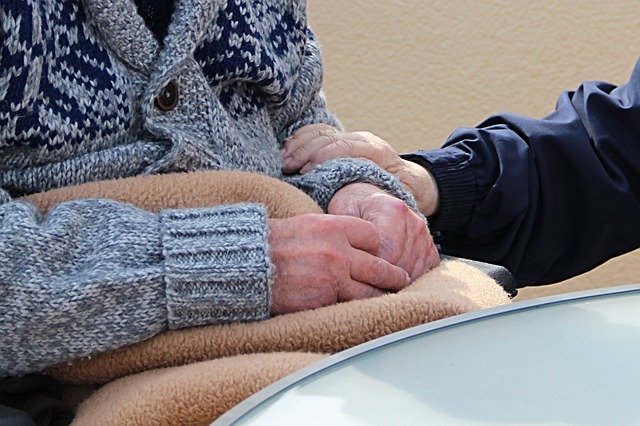Elder Care – Sources for Senior Living and Care
When is it time to have “the talk” with a family member? No, not the adolescent chat about the birds and the bees, but the talk we should all have with our elderly family members regarding their care as they move into their golden years.
Sometimes those years are far from golden. More than not, older parents and those we love may have health or financial issues and concerns, mental challenges or anxiety about how family members see them in their later years. And some suffer from more serious issues like dementia or Alzheimer’s, heart disease, diabetes, not to mention the loss of coordination, sight or judgment.
When it comes time to make decisions about elder care, there are many helpful sources in your own community that can provide guidance, direction and various options for the correct type of care for your loved one. Below are a number of options for care, depending on your family’s needs.
Assisted Living
Assisted Living usually refers to long-term care services that include housing, health care, and personal care services. These assisted living facilities help seniors who need assistance with everyday activities but who still wish to maintain maximum independence.
From general services to specific lifestyles and pet-friendly facilities, there are assisted living centers that cater to every need and budget.
Nursing Homes
Nursing homes generally provide more hands-on care, serving those who need more personal assistance with disabilities or sickness, after hospital care and rehabilitation, long-term resident and mental care, or help with everyday tasks.
The nursing facility will provide healthy meals, social activities, privacy where needed (private or semi-private rooms) and round-the-clock assistance.
Memory Care
Facilities that specialize in memory care provide assistance to those with Alzheimer’s and dementia and other related issues. These care centers can also provide cognitive therapies and programs that include music and art, and activities that encourage communication and social interaction, all of which help to increase brain function and delay the progression of dementia.
Good care centers also provide environments that help dementia and Alzheimer’s residents feel safe, such as gardens, outdoor space, and activity centers.
Independent Care
For elderly family members who can still care for themselves but who want to have space and independence, there are options such as senior apartments, retirement communities or senior housing, all with various levels of care.
It is always important to respect an elder’s dignity and choice – and independence where needed and possible. These facilities require minimal care but provide comfort and safety were needed.
Cost for Assisted Living
Assisted Living applies to all of the types of care described above. Costs can vary a great deal, depending on the type of care needed and the location and type of facility or community chosen.
The average cost of an assisted living center in 2018 was between $3500 to over $5000 per month, and this can vary regionally, combined with the type of care needed.
There are also many options available for planning and paying for elder care. From personal savings or insurance, using Veteran’s benefits, the sale of a home or government assistance, there are many choices to consider.
Services Providers – Help is on the way
Services such as A Place for Mom, help families make these decisions every day. A Place for Mom provides services throughout the U.S. and Canada, helping families connect to the best choices in senior living.

